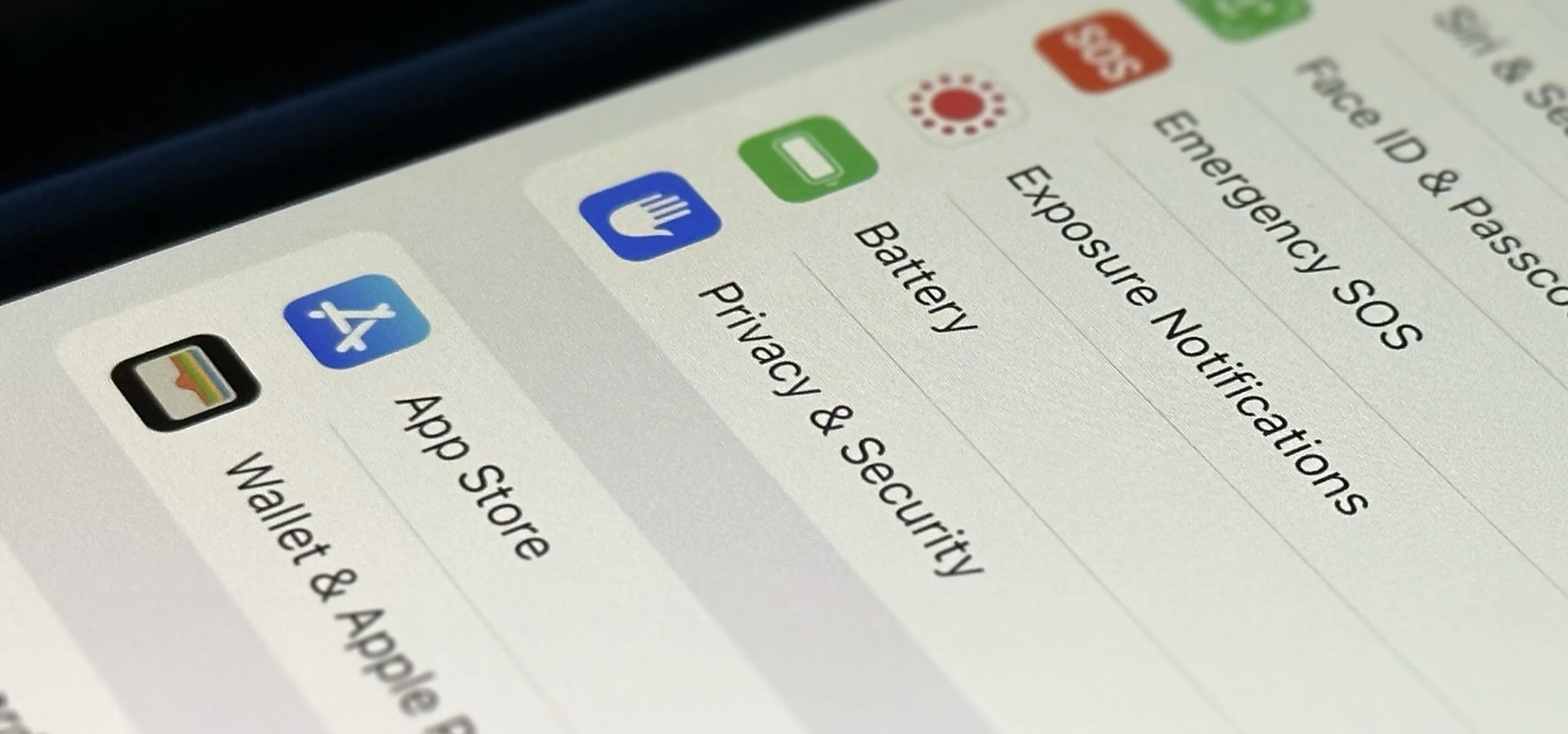Learning From Sarah Vine: Avoiding WhatsApp Disasters

Table of Contents
Understanding the Risks of WhatsApp Communication
WhatsApp's informal, instant messaging format, while convenient, presents unique challenges. Its very accessibility is a double-edged sword. The casual tone often encourages impulsive messaging, leading to misinterpretations and regrettable consequences.
- Lack of formal tone can lead to misunderstandings: The absence of formal language and structure can make it difficult to convey nuanced meaning. Sarcasm, for instance, can easily be misconstrued.
- Emojis and informal language can be misinterpreted across cultures: What might be an innocent expression in one culture could be offensive in another. The global nature of WhatsApp necessitates careful consideration of cultural differences.
- The ease of broadcasting messages increases the risk of sending to the wrong person or group: A simple slip of the finger can send a private message to a large group or a sensitive message to the wrong individual, leading to embarrassment and potentially worse.
- Screenshots and forwards can easily spread sensitive information: Once a message is sent, it’s nearly impossible to fully control its dissemination. Sensitive information shared on WhatsApp can quickly spread out of control.
- Permanent record of messages can be used against you later: Unlike a fleeting conversation, WhatsApp messages leave a digital trail. These messages, even if deleted, can potentially be retrieved and used against you in professional or personal contexts.
Best Practices for Avoiding WhatsApp Mishaps
Preventing WhatsApp disasters requires a proactive and thoughtful approach. Here are some key best practices to consider:
Think Before You Send
Before hitting that send button, take a moment to pause and reflect.
- Proofread your messages for typos and clarity: A simple typo can change the entire meaning of your message.
- Consider the recipient's perspective and potential reactions: Put yourself in their shoes; how might they interpret your message?
- Avoid emotionally charged language when upset: Never send a message when you’re angry; step away and cool down first.
- Use the "unsent" feature cautiously and only when absolutely necessary: While convenient, relying on this feature too often can damage trust and credibility.
Choosing the Right Communication Channel
WhatsApp isn't always the best option.
- WhatsApp is best for informal, quick communication with close contacts: It’s ideal for sharing quick updates, scheduling social events, or casual conversations.
- Use email or formal letters for sensitive or important information: Formal communication channels offer a higher level of security and professionalism.
- Consider a phone call for complex or emotional discussions: A phone call allows for immediate clarification and a more personal tone.
Managing Groups Carefully
Group chats can be helpful but also prone to miscommunication and conflict.
- Avoid adding people without their consent: Always seek permission before including someone in a group chat.
- Set clear guidelines for group communication (e.g., no politics, respectful language): Establish ground rules to maintain a positive and productive environment.
- Mute notifications if the group is overly active: Avoid constant interruptions by muting notifications when necessary.
- Leave groups that are causing stress or negativity: Don’t hesitate to leave groups that are unproductive or detrimental to your well-being.
Protecting Your Privacy
Safeguarding your privacy on WhatsApp is crucial.
- Regularly review your WhatsApp privacy settings: Ensure that your settings align with your comfort level regarding information sharing.
- Be cautious about sharing personal information: Avoid sharing sensitive details like financial information or addresses.
- Think twice before joining unknown groups or accepting friend requests: Be wary of strangers and protect yourself from potential scams or harassment.
- Use end-to-end encryption where possible: End-to-end encryption protects your messages from unauthorized access.
Learning from Sarah Vine's (or other relevant examples) Experience
While specific incidents related to Sarah Vine might not be readily available for public discussion, let's consider a hypothetical scenario: imagine accidentally sending a critical internal email meant for your boss to a large group chat containing colleagues and clients. This could lead to significant professional repercussions. The key mistakes here are a lack of attention to detail and the inappropriate use of WhatsApp for sensitive workplace communication. The alternative would have been to use a professional email for such a message.
Conclusion
Avoiding WhatsApp disasters requires mindful communication, choosing the right channel, and a commitment to privacy. The consequences of careless WhatsApp use can range from minor embarrassment to severe reputational damage. Learning from mistakes, both hypothetical and real-world scenarios, is key to responsible messaging. By following the best practices outlined above, you can significantly reduce your risk of experiencing your own WhatsApp mishap. Share your own WhatsApp mishap experiences and lessons learned in the comments below – let's learn from each other!

Featured Posts
-
 David Hockney A Bigger Picture A Comprehensive Analysis Of His Work
May 26, 2025
David Hockney A Bigger Picture A Comprehensive Analysis Of His Work
May 26, 2025 -
 Iga Swiatek Triumphs In Madrid Dominant Win Over Madison Keys
May 26, 2025
Iga Swiatek Triumphs In Madrid Dominant Win Over Madison Keys
May 26, 2025 -
 Sinners New Horror Movie Filmed In Louisiana Coming To Theaters
May 26, 2025
Sinners New Horror Movie Filmed In Louisiana Coming To Theaters
May 26, 2025 -
 Release Gaza Prisoners Demand From Ex Israeli Women In Uniform
May 26, 2025
Release Gaza Prisoners Demand From Ex Israeli Women In Uniform
May 26, 2025 -
 Formula 1 And Apple The New I Phone Feature You Need To Know
May 26, 2025
Formula 1 And Apple The New I Phone Feature You Need To Know
May 26, 2025
